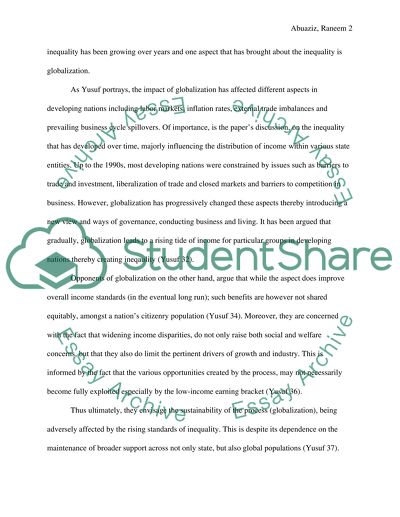Cite this document
(“Globalization and Inequality in Developing Nations Research Paper”, n.d.)
Globalization and Inequality in Developing Nations Research Paper. Retrieved from https://studentshare.org/finance-accounting/1653734-globalization-and-inequality-in-developing-nations
Globalization and Inequality in Developing Nations Research Paper. Retrieved from https://studentshare.org/finance-accounting/1653734-globalization-and-inequality-in-developing-nations
(Globalization and Inequality in Developing Nations Research Paper)
Globalization and Inequality in Developing Nations Research Paper. https://studentshare.org/finance-accounting/1653734-globalization-and-inequality-in-developing-nations.
Globalization and Inequality in Developing Nations Research Paper. https://studentshare.org/finance-accounting/1653734-globalization-and-inequality-in-developing-nations.
“Globalization and Inequality in Developing Nations Research Paper”, n.d. https://studentshare.org/finance-accounting/1653734-globalization-and-inequality-in-developing-nations.


